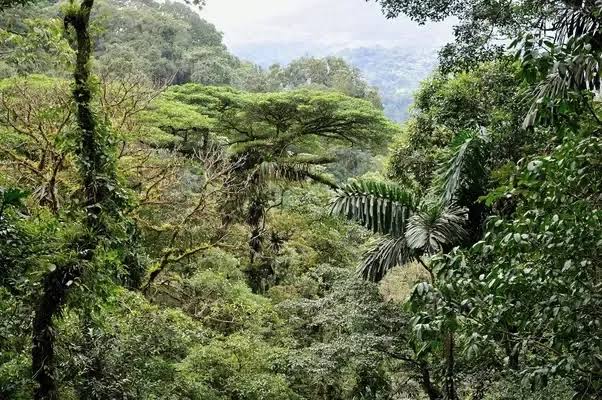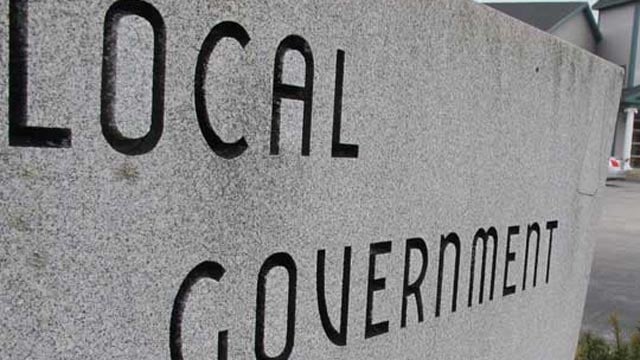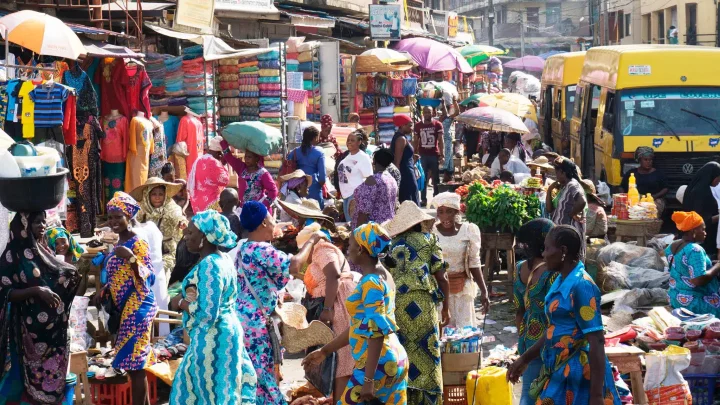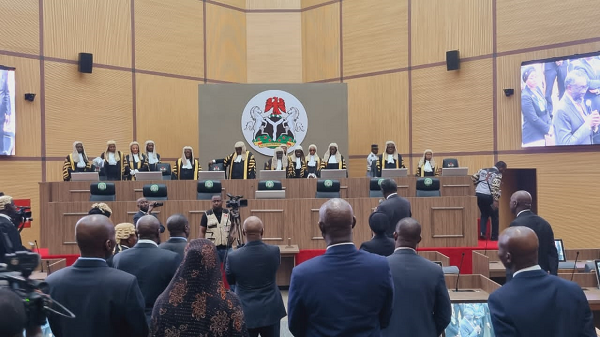BY DARE AKOGUN
As the world reaches a critical threshold of irreversible biodiversity loss, the international community is set to converge on Cali, Colombia, on October 21, 2024, to advance the implementation of the Kunming-Montreal Global Biodiversity Framework (GBF). This framework, adopted at the 15th meeting of the Conference of the Parties (COP15) to the Convention on Biological Diversity (CBD) in 2022, aims to halt and reverse nature’s decline.
With high expectations, the 16th meeting (COP16) will be the first since the adoption of the framework and is expected to push forward the global agenda to restore biodiversity. One of the core components of COP16 will be the assessment and strengthening of National Biodiversity Strategies and Action Plans (NBSAPs), critical tools for ensuring that countries’ policies and actions align with the GBF’s objectives.
Nigeria, as a party to the CBD since 1994, is among the nations expected to demonstrate how it is translating the global vision into domestic action.
Advertisement
Nigeria’s commitment to biodiversity conservation
Nigeria’s involvement in the CBD is rooted in its development of a National Biodiversity Strategy and Action Plan (NBSAP), which outlines the country’s strategies for biodiversity conservation and sustainable use. The NBSAP identifies priority areas for action, including the establishment and management of protected areas, biodiversity research, and raising public awareness.
The National Biodiversity Committee, a body established by the government, oversees the implementation of the NBSAP. Its membership includes representatives from various ministries, not-for-profit organisations, and civil society groups, ensuring a broad-based approach to biodiversity conservation.
Advertisement
This institutional framework enables Nigeria to integrate biodiversity considerations into national policies such as the National Environmental Policy and the National Agricultural Policy.
Nigeria’s commitment to the CBD is also evident through initiatives such as the Presidential Initiative on Afforestation, which aims to plant millions of trees to counter deforestation and desertification, and the development of national parks, which contribute to the protection of wildlife habitats.
The country’s ecological zones, which range from tropical rainforests in the south to savannahs in the north, make it one of the most biodiverse nations in West Africa. However, these ecosystems are under significant threat due to human activities and climate change.
The challenges of biodiversity conservation in Nigeria
Advertisement
Despite Nigeria’s commitment, the country faces several challenges that hinder effective biodiversity conservation. Chief among these are illegal wildlife trade, habitat destruction, and climate change, all of which pose a severe threat to Nigeria’s rich biodiversity.
Illegal wildlife trade, often driven by high demand for animal parts such as pangolin scales and elephant tusks, is decimating species populations and threatening the survival of many wildlife species.
This trade is largely fueled by poverty and weak enforcement of existing laws, making it difficult to control. In addition, habitat destruction from logging, urbanisation, and agricultural expansion is reducing the natural habitats of many species, pushing them closer to extinction.
Climate change further exacerbates these challenges by altering weather patterns, reducing the availability of water resources, and increasing the frequency and severity of droughts.
Advertisement
As a result, many species are forced to migrate to less suitable habitats, while others face an increased risk of extinction due to their inability to adapt to rapidly changing environmental conditions. Nigeria’s efforts to curb these threats have been hampered by inadequate funding, weak institutional capacity, and poor coordination among government agencies.
For instance, while the National Parks Service is responsible for managing protected areas, it often lacks the financial and human resources needed to carry out its mandate effectively. Similarly, there is a disconnect between national and state-level agencies, which complicates the implementation of biodiversity policies.
Advertisement
Aligning with the Kunming-Montreal GBF
With the world’s eyes on COP16, Nigeria will need to demonstrate how it intends to align its NBSAP with the Kunming-Montreal GBF’s goals.
Advertisement
The framework calls for countries to halt the loss of biodiversity and restore ecosystems by 2030, with the overarching aim of achieving a “nature-positive” world. This requires increased investment in biodiversity conservation and the adoption of policies that promote sustainable use of natural resources.
One area where Nigeria could strengthen its NBSAP is in the establishment of more protected areas and the effective management of existing ones.
Advertisement
Currently, less than 10 percent of the country’s land area is under formal protection, which is insufficient to safeguard its diverse ecosystems. Expanding the network of protected areas and ensuring their management aligns with international standards would be a significant step towards achieving the GBF’s targets.
Another critical area is resource mobilization. The COP16 discussions will focus on establishing a biodiversity funding mechanism to support the implementation of the GBF, particularly in developing countries. Nigeria will need to explore innovative financing options, such as green bonds and public-private partnerships, to bridge the funding gap for biodiversity projects.
The country could also benefit from international support to strengthen its capacity to monitor and report on biodiversity trends, ensuring transparency and accountability in implementing the NBSAP.
Operationalising fair and equitable benefit-sharing
One of the expected outcomes of COP16 is the operationalization of a multilateral mechanism for the fair and equitable sharing of benefits arising from the use of genetic resources.
This is particularly important for countries like Nigeria, which are rich in biological and genetic resources. Ensuring that local communities benefit from the commercialisation of these resources will not only promote conservation but also improve livelihoods.
To operationalise this mechanism, Nigeria could adopt policies that require businesses and research institutions to obtain prior informed consent from local communities before accessing genetic resources. This would ensure that benefits, such as royalties and research findings, are shared equitably, thereby incentivizing communities to conserve their natural environments.
As Nigeria prepares for COP16, it must seize the opportunity to reaffirm its commitment to the Kunming-Montreal GBF and strengthen its NBSAP to reflect the framework’s goals. Addressing the challenges of illegal wildlife trade, habitat destruction, and climate change will require concerted efforts from all stakeholders, including government, civil society, and the private sector.
With the right policies and investments, Nigeria can not only contribute to global biodiversity conservation but also safeguard the natural heritage that underpins its people’s well-being and economic prosperity.
COP16 offers a chance for Nigeria to lead by example and show the world that it is ready to take bold actions to halt and reverse biodiversity loss.
Dare Akogun is an Ilorin-based environment and energy transition journalist. He can be reached via [email protected]
Views expressed by contributors are strictly personal and not of TheCable.







